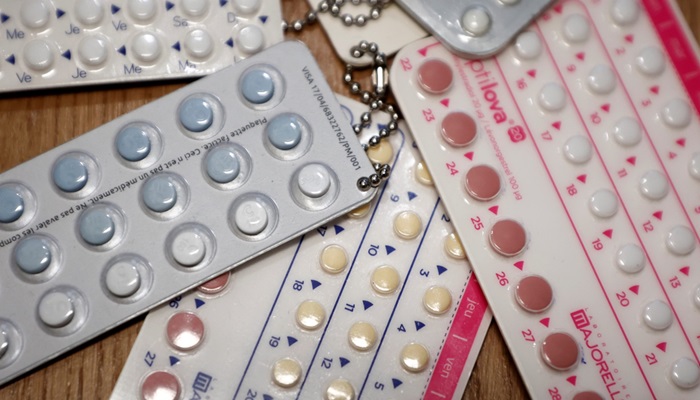The development of over-the-counter contraception for women has been a collaborative effort by researchers and healthcare providers around the world. While no one individual or organization can be credited with inventing over-the-counter contraception, there have been many important breakthroughs in the field over the years.
One of the earliest breakthroughs in over-the-counter contraception was the development of the birth control pill in the 1960s. The pill revolutionized contraception by providing women with a highly effective and convenient form of birth control that could be taken at home without a healthcare provider’s supervision.
Since then, there have been many other important breakthroughs in over-the-counter contraception, including the development of the contraceptive patch, vaginal ring, and emergency contraception.
The World Health Organization (WHO) has released new guidelines on over-the-counter contraception for women. The guidelines are aimed at increasing access to affordable and effective contraception, particularly in low- and middle-income countries where access to contraception is limited.
The guidelines recommend that a range of over-the-counter contraceptive methods, including pills, patches, and vaginal rings, be made available without a prescription. This would allow women to obtain contraception without having to visit a healthcare provider, which can be a barrier for many women.
The guidelines also recommend that health systems ensure that over-the-counter contraception is affordable and accessible to all women, regardless of their income or social status. This includes ensuring that over-the-counter contraception is available in pharmacies and other retail outlets, and that it is covered by health insurance plans.
The WHO guidelines are based on a comprehensive review of the latest scientific evidence on over-the-counter contraception. The evidence shows that over-the-counter contraception is safe and effective, and that it can help to reduce unintended pregnancies and improve women’s health outcomes.
A breakthrough in over-the-counter contraception for women has been made in the Netherlands. The Dutch government has announced that it will allow pharmacies to sell a range of contraceptive pills without a prescription, making it the first country in the world to do so.
Under the new policy, women will be able to obtain a range of progestin-only contraceptive pills without a prescription. These pills are highly effective at preventing pregnancy when used correctly and have a lower risk of side effects than some other forms of contraception.
The policy is based on the recommendation of the Dutch College of General Practitioners, which has long advocated for increased access to contraception. The policy is also supported by a growing body of research that shows that access to contraception can improve women’s health outcomes and reduce unintended pregnancies.
The Dutch government hopes that the new policy will help to reduce the number of unintended pregnancies in the country and promote women’s health and well-being. The policy is also expected to reduce healthcare costs associated with unintended pregnancies.
The breakthrough in over-the-counter contraception for women in the Netherlands is a significant step forward in ensuring that women have access to affordable and effective contraception. It is hoped that other countries will follow the Dutch example and make over-the-counter contraception more widely available.
The WHO is calling on governments and health systems to implement these guidelines to improve access to contraception for women around the world. By increasing access to over-the-counter contraception, we can help to promote women’s health and well-being and reduce the burden of unintended pregnancies.
In the United States, several states have passed laws allowing pharmacists to prescribe and dispense hormonal contraception without a doctor’s prescription. These laws have been shown to increase access to contraception and reduce unintended pregnancies.
Read more:
CDC Report Reveals Rising Number of Pregnant Women Skipping Prenatal Care
Finding the Best Birth Control for PCOS Management
EPA’s New Lead Pipe Rule Could Safeguard Nearly One Million Infants From Low Birthweight


